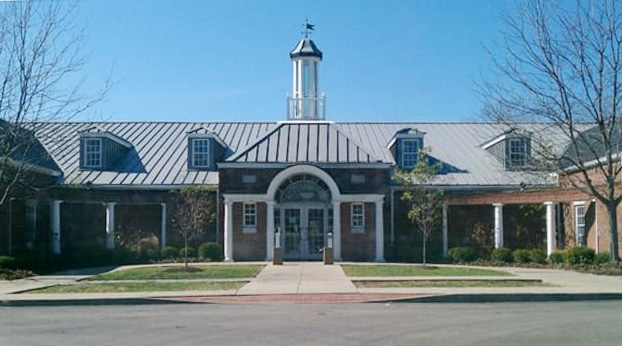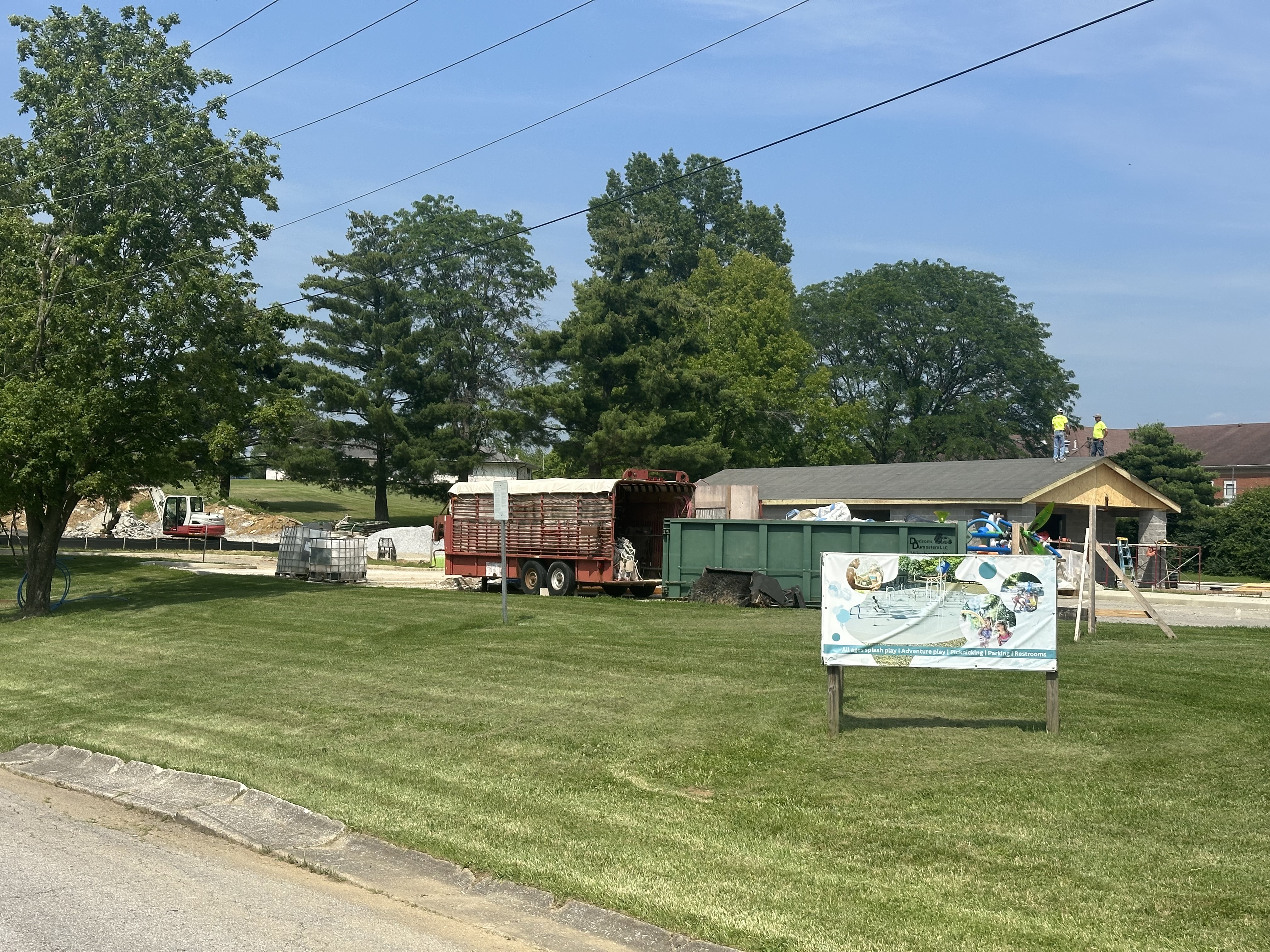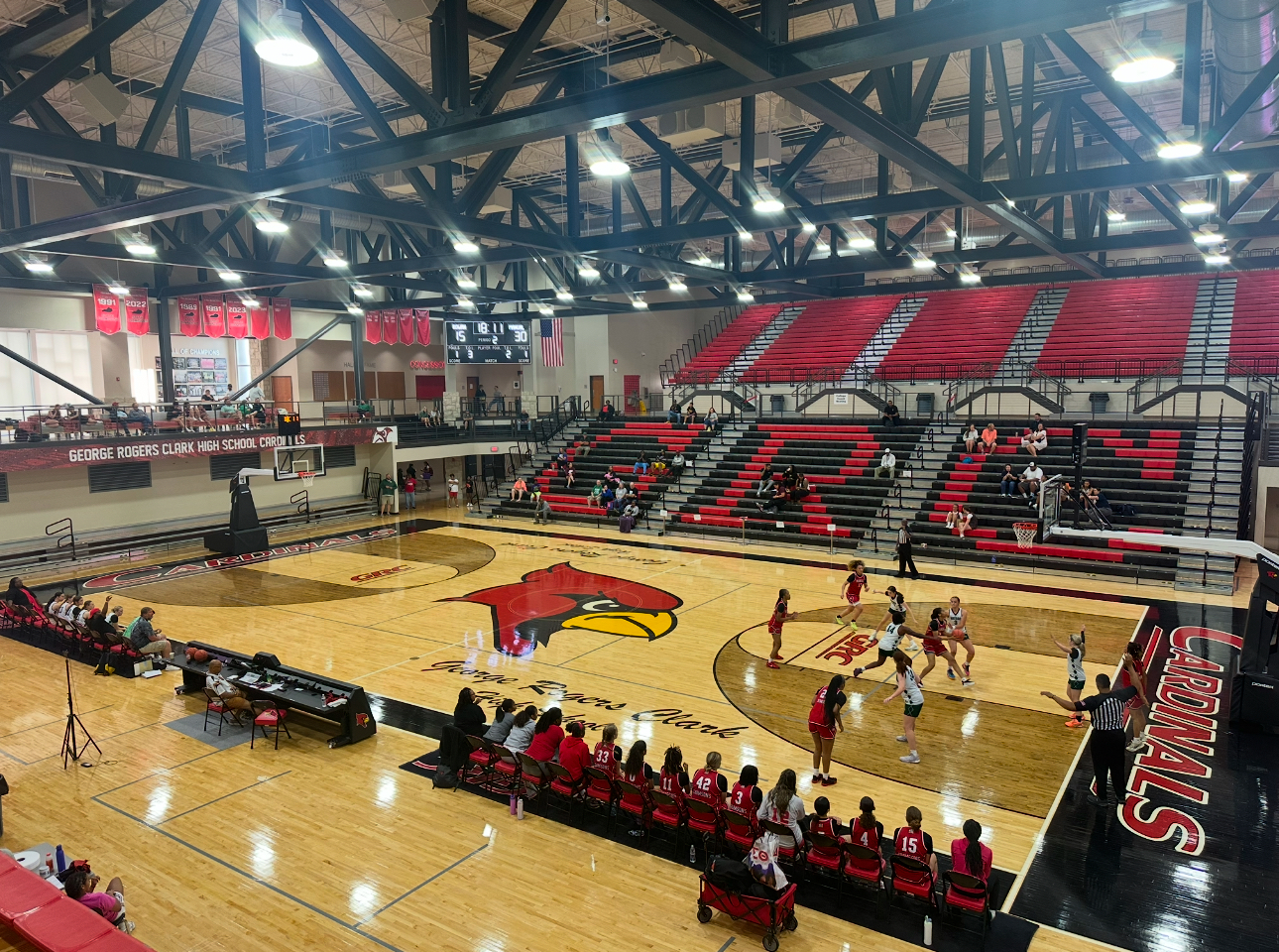What’s Happening at the Library? Books about Ukraine and Sunflower Seeds
Published 8:35 pm Sunday, March 27, 2022

- Clark County Public Library.
|
Getting your Trinity Audio player ready...
|
Ukraine, of course, looms large in all of our consciousnesses.
Over the last couple years, Reference Librarian Jeff Gurnee has ordered some excellent books about the history of and life in Ukraine.
Vladimir Putin claims “De-Nazification” is part of his rationale for invading Ukraine. “The Long Hangover: Putin’s New Russia and the Ghosts of the Past,” by Shaun Walker (call #947.086 Walk) explains the historic bases of that rationalization, describing how Putin made Russia’s victory over Germany in WWII a founding myth of his New Russia, while failing to come to terms with some of the darkest pages of Russian history, Stalin’s purges, the Gulag, and war deportations.
“Anatomy of a Genocide: The Life and Death of a Town called Buczacz,” by Omer Bartov (call # 947.7 Bart) tells the story of ethnic cleansing campaigns against Polish and Jewish citizens during WWII carried out by Ukrainian police, Ukrainian nationalists and German soldiers. The purpose of this book is not to indict Ukrainians, but to demonstrate how ordinary citizens, manipulated by charismatic and vitriolic leaders and motivated by historic slights, grudges and indignities, commit heinous crimes against friends, neighbors, and relatives they amicably lived with for decades.
“Pravda Ha-Ha,” by Rory MacLean (call # 917.704 MacL), is a travel book. The author revisits a journey he made just after the fall of the Berlin Wall in 1989, through Russia and Ukraine. His personal encounters with citizens, political leaders, and journalists demonstrate how revisionist history and xenophobia are used to exploit and demonize ethnic “others” and refugees. John Le Carre calls Rory MacLean the “most outstanding traveler-writer of our time,” and “Pravda Ha- Ha,” “a gem of a book.”
“In Wartime: Stories from Ukraine,” by Tim Judah (call # 947.086 Juda) gets to the heart of the current war by analyzing and describing the Maidan Square Protests of 2014 that deposed President Viktor Yanukovich. Tim Judah records testimony from “politicians, pensioners, poets, and historians” to portray a country still fighting for independence from Russia twenty-five years after the fall of the Berlin Wall.
The Library has a wonderful video about a group of 80-year-old Ukrainian women who continued to live in the exclusion zone after the nuclear power plant accident at Chernobyl. It’s called “The Babushkas of Chernobyl,” (call # DVD 363.17). It documents the lives of those women who refused to leave their ancestral homes and how they raised gardens, cared for animals, and celebrated their customs at the site of the world’s worst nuclear disaster.
Grow the national flower of Ukraine in your garden. When circulation manager, Laura Carpenter, found out the sunflower is the National Flower of Ukraine, she requested sunflower seeds from the Seed Library and the circulation staff filled small envelops with them so CCPL patrons can take them home to grow. Those seed packets are available, free, at the Library circulation and reference desks. Ask for one the next time you come in.
Growing sunflowers not only demonstrates solidarity with Ukraine, it is also an excellent way to support Bluegrass birds and bees.
Library columnist John Maruskin writes this weekly column for the Winchester Sun.





